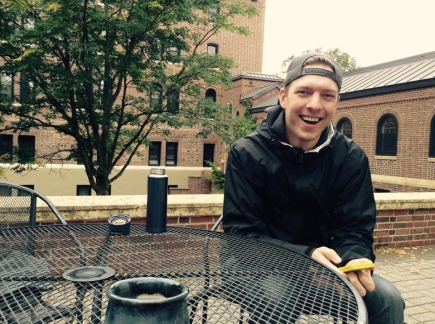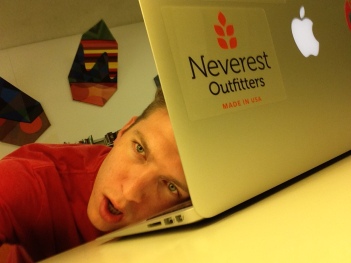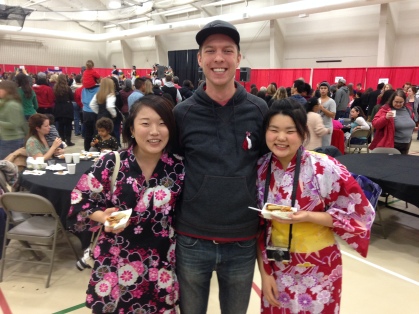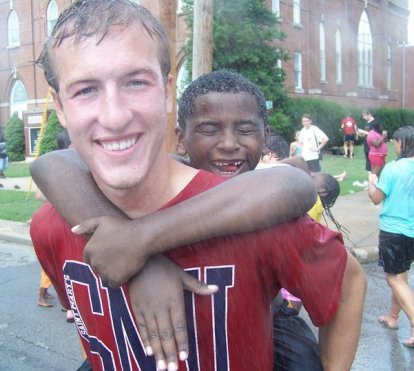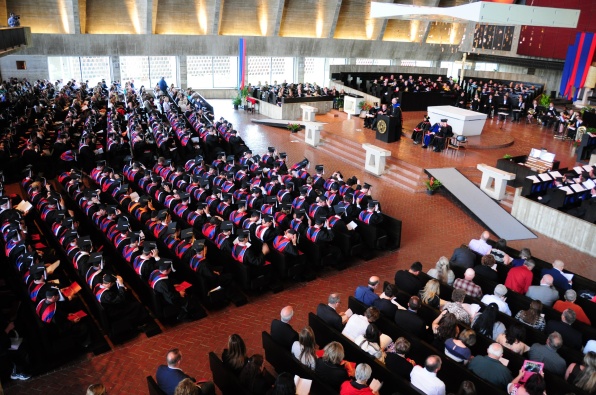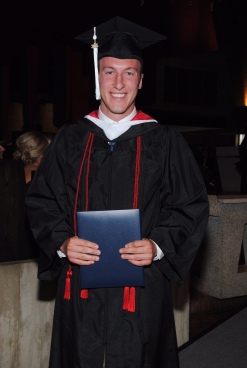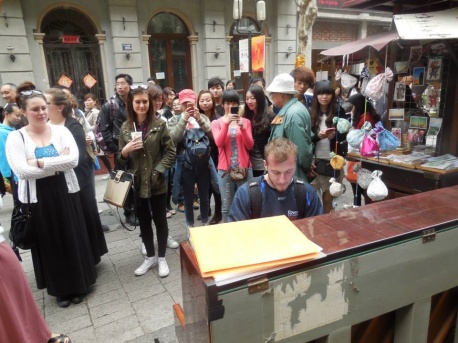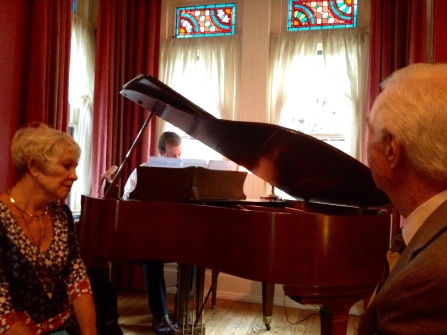photo courtesy of Maddie Ames
A New Beginning
For many individuals, college represents an opportunity for a new beginning. I certainly felt this way. By the time I graduated high school, I felt ready for a change and, not just a change in scenery. We’re talking a change in who I was as an individual.
Going into college, I realized some exciting experiences lay ahead, but I knew I had some changes in my life to make if I ever stood a chance at making the most of what awaited me. For starters, I made three new agreements with myself that included:
-
Putting in the Extra Time
-
Giving Everyone the Time of Day—Everyone
-
Being Open (To Being Vulnerable)
The First Agreement: Putting in the Extra Time
Even though I achieved decent grades in high school, I knew I cheated myself out of a lot by not putting in the extra time to my homework. I understood I couldn’t redo my high school career, but I could take what I learned from it to better my chances for success in college.
I knew I deserved better from myself and that the world did too, but I also realized what that would require. In order to distinguish myself and live up to my fullest potential, I had to agree with myself to put in the extra time. I didn’t always enjoy keeping this agreement with myself. I’ll admit it, but I’ll also admit the satisfaction at receiving my report card at the end of first semester.
The Second Agreement: Giving Everyone the Time of Day
Going into high school from a small grade school, I wanted nothing more than to be popular—a common folly shared among many high school freshmen, in my opinion. Towards my senior year in high school, I realized all the opportunities I had again missed out on by trying constantly to appease “the cool kids” rather than taking time to get to know everyone on an equal level.
College would be different, I determined, because I would make the change in myself to get to know everyone. Some of you folks reading this blog might know me as the Johnnie on campus (both at CSB and SJU) who couldn’t travel more than fifteen feet without having to say “hello” to someone. I recognized early on that outside of the classroom, my classmates took over the role of teacher and so I wanted to meet as many of these individuals as I could. I met many wonderful individuals. Some I grew to love while some ended up as only acquaintances. With others, my experience wasn’t always pleasant. I’ll admit that. Even then, however, I learned so much from everyone I crossed paths with because I determined that I would regardless of who they were and how we differed. These people I met taught me a multitude of lessons and, in their own way, helped me keep my freshman year agreements and make many more into the future.
The Third Agreement: Being Open (To Being Vulnerable)
I made the final agreement to be open with my feelings much later on in my first year career at CSB and SJU but it significantly changed the rest of my life to this day. To me, “being open” isn’t just telling someone you’re interested in romantically that you have feelings for them. It involves much more. Mainly, “being open” means that you agree to a certain sense of vulnerability with those you wish to grow close to. We seek a type of companionship in our friends and relationships that assure us we’re not alone in our experiences, pains, doubts, and joys. We want and need to relate to others and we need others to relate to us, but we won’t get to that point unless we allow ourselves to be vulnerable. You take a risk when you do this and it doesn’t always pay off. Still, you stand to gain so much while contributing much in return to the world and those you share it with.
The Lessons I Learned
Since adding these three agreements to my life, I have committed to additional ones over the years. New experiences, triumphs, and failures all prompted me to evaluate my life, reevaluate, and then change again in order to become a better person for myself and the world. I often failed at upholding these agreements but, over time, I grew better and better at keeping them. As long as I agreed to do my best, I knew I could fail from time to time and still uphold my agreements in the end. Realizing I was prone to mistakes didn’t erase my failures, but it allowed me to turn them into opportunities for growth and, ultimately, it enabled me to make a positive change in my life and the lives of others.
Your thoughtful companion,
Connor Beck
